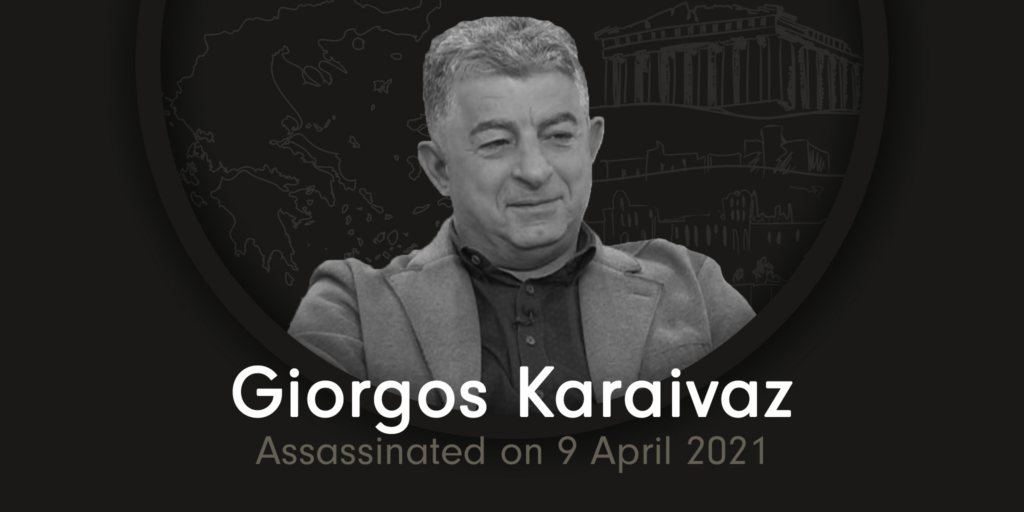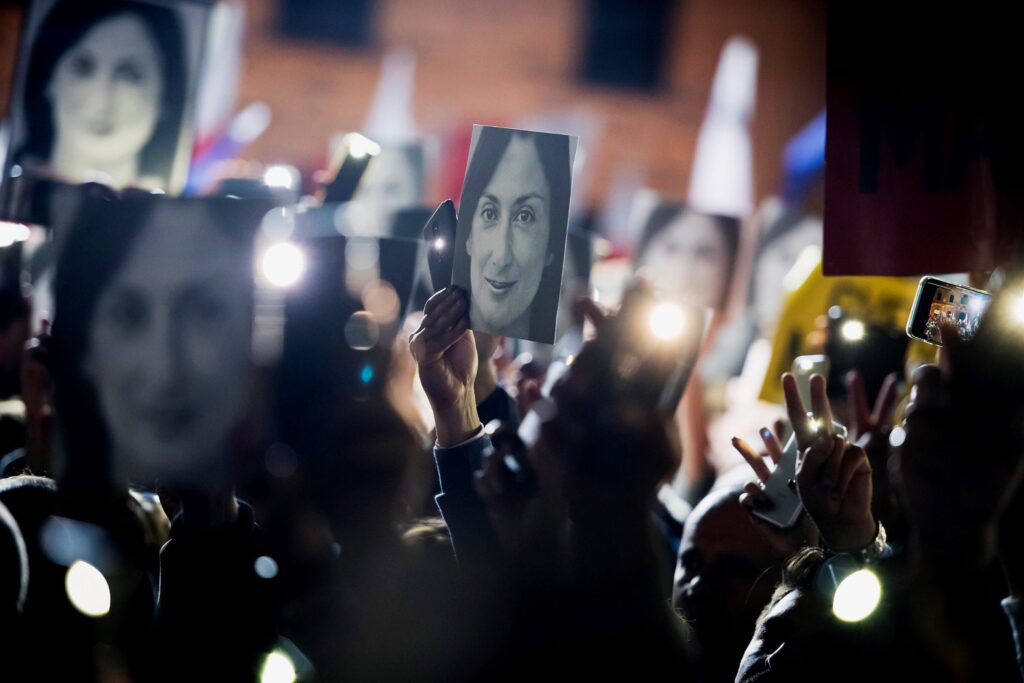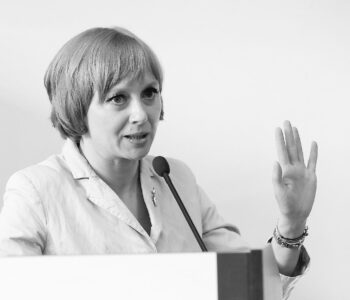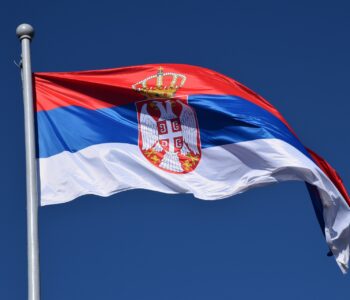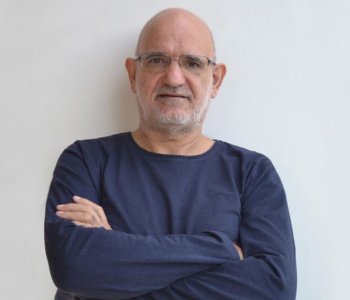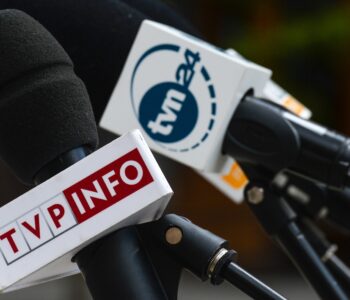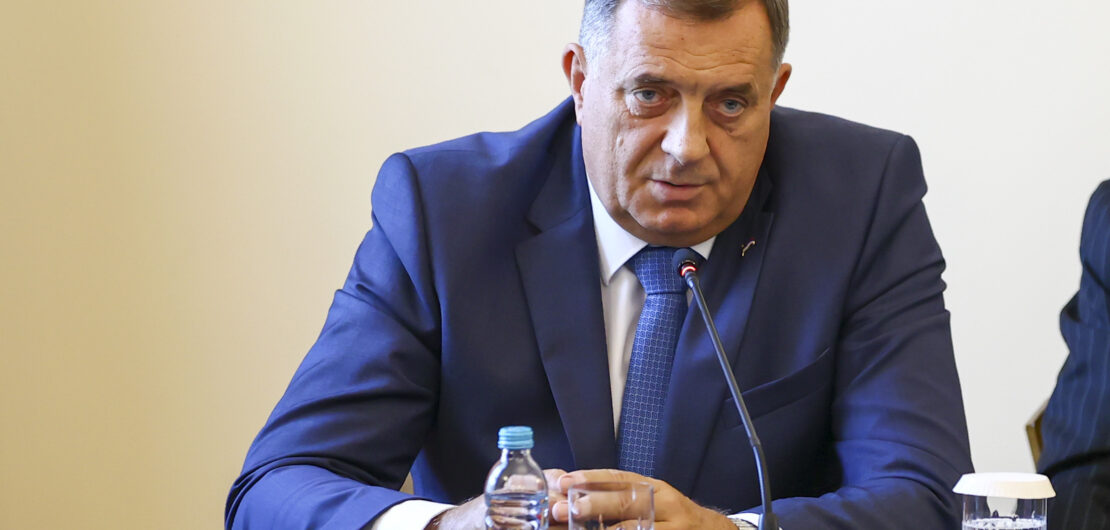 Library
Library
Bosnia and Herzegovina: Republika Srpska president Dodik verbally attacks…
Bosnia and Herzegovina: Republika Srpska president Dodik verbally attacks journalist
The undersigned partner organisations of the Media Freedom Rapid Response (MFRR) and South East Europe Media Organisation (SEEMO) today condemn the insulting and threatening behaviour of the President of Republika Srpska, Milorad Dodik, towards journalist Snezana Mitrović and her employer N1 television. We call on the politician to publicly apologise and end all intimidating practices against all media in the future.
Our organisations further warn that this aggressive rhetoric towards a member of the media, and indications of state monitoring of media, are the latest examples in a decades-long list of pressure by Dodik against journalists and independent media in the Republika Srpska, one of the two entities of Bosnia and Herzegovina.
As outlined following a recent mission to the country organised by the MFRR, this hostility towards critical journalism in Republika Srpska – particularly from Dodik himself – poses a threat to media freedom and is contributing to insecurity amongst the journalistic community.
The outburst against Mitrović, a reporter with channel N1 television, stemmed from a press conference on November 16 in which she had asked Dodik a question about his connections to a number of individuals recently arrested in a drug trafficking operation by police.
At the press conference, Dodik reacted aggressively and accused her television station N1 of lying, pursuing an “anti-Serbian narrative” and actively seeking to “destroy” Republika Srpska. He then grabbed the microphone out of her hand in an inappropriate manner and threatened the N1 team by telling them: “Do you think we don’t have a service that follows what you are doing?”.
After the event, Mitrović received a personal phone call from Dodik in which he shouted at her again and insulted her using curse words, N1 reported. Dodik told her he was unhappy at the news report which N1 had published about the press conference.
Our organisations condemn the threatening and dangerous language used by Dodik at both the press conference and that used during the phone call, which represents an unacceptable verbal attack on a professional journalist.
Unfortunately, this type of behaviour has continued with impunity for years. Dodik has repeatedly labelled critical journalists as traitors and enemies of the state, and made threats against them, including multiple verbal attacks on female journalists. When questioned about this rhetoric, government officials play down the matter. In reality, this language is aimed at isolating and discrediting those who continue to ask sensitive questions and hold power to account. It also normalises wider attacks on members of the press by citizens in Republika Srpska and beyond.
Our organisations support the BH Journalists Association in its consideration of legal options, including the possible filing of a criminal report. The suggestion that government entities are monitoring the work of N1 and potentially other independent media in the country must also be addressed with the utmost seriousness and a potential investigation.
The MFRR and SEEMO welcome the swift response of domestic and regional media associations in condemning the verbal attack against Mitrović and offering support. Our organisations stand behind Snezana Mitrović, her media outlet N1, and all those journalists in Republika Srpska who continue to carry out her public service mission and ask tough questions in an increasingly hostile climate.
We jointly call on Milorad Dodik to apologise publicly for his behaviour and to publicly commit to ensuring that all future communication with and about journalists will be conducted in a professional manner befitting the stature of the public office he holds.
This statement was coordinated by the Media Freedom Rapid Response (MFRR), a Europe-wide mechanism which tracks, monitors and responds to violations of press and media freedom in EU Member States and candidate countries.




